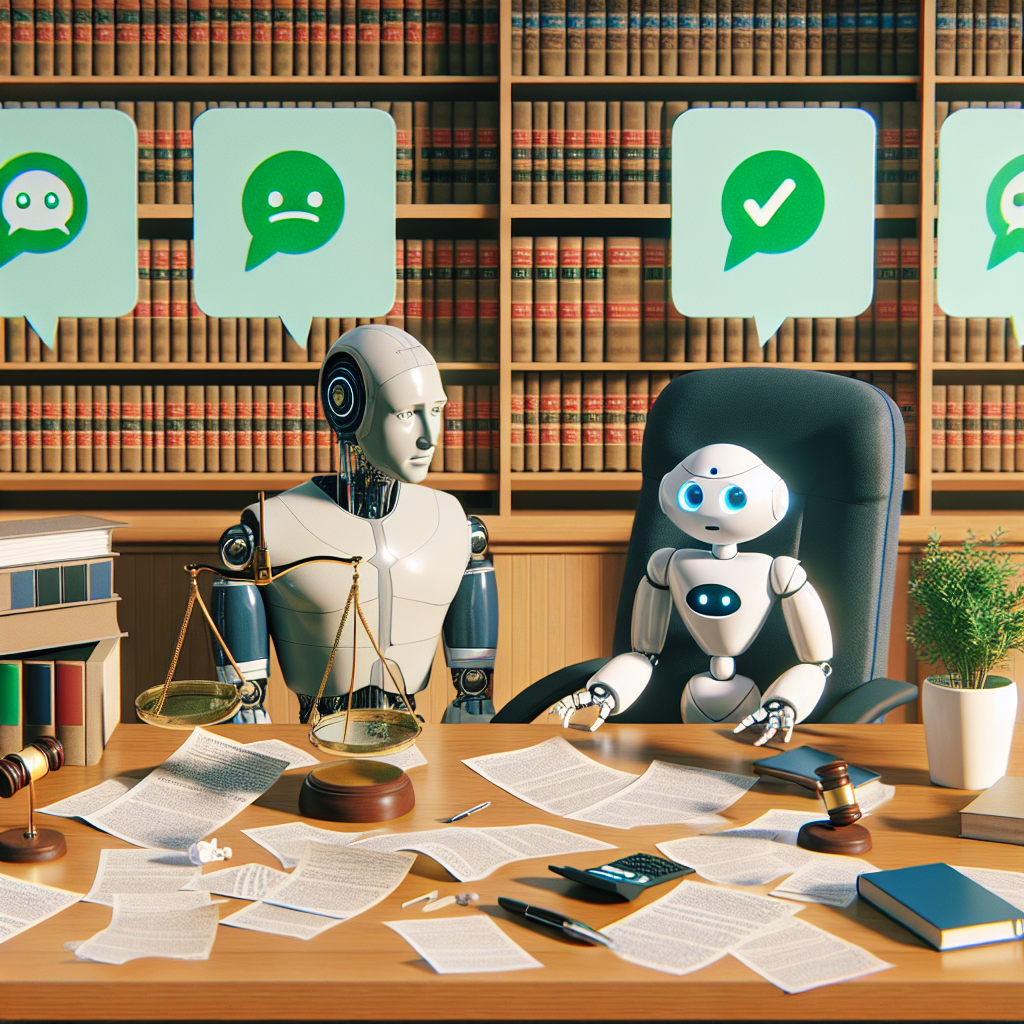Revolutionizing Legal Assistance with Chatbots
In the ever-evolving landscape of technology and digital transformation, the legal sector has seen a profound shift towards digitization and innovative solutions. One of the most intriguing developments in recent times is the advent of **chatbots for legal assistance**, which are transforming how individuals and businesses access legal services.
Understanding the Rise of Legal Chatbots
Traditional legal assistance can often be expensive, time-consuming, and difficult to access. This is where legal chatbots come into play, providing a more accessible and efficient solution. These AI-driven tools leverage **natural language processing (NLP)** and **machine learning** to simulate human-like conversations, making them adept at handling a variety of legal queries.
Benefits of Legal Chatbots
Legal chatbots offer numerous advantages, not just for users but also for legal professionals seeking to optimize their services. Here are some key benefits:
- Cost-Effectiveness: Legal chatbots can significantly reduce costs associated with legal consultations, making legal assistance more affordable for everyone.
- 24/7 Availability: Unlike traditional law firms, chatbots are available around the clock, providing assistance whenever it’s needed.
- Efficiency: These virtual assistants can handle repetitive tasks and manage simple queries efficiently, allowing human lawyers to focus on more complex casework.
Real-World Applications of Legal Chatbots
From offering legal advice to drafting documents, the scope of tasks that legal chatbots can undertake is vast. Some real-world applications include:
- Contract Review: Chatbots can quickly review and analyze contracts, highlighting key points and potential issues.
- Legal Research: They can conduct extensive legal research to provide relevant information and case laws.
- Document Automation: Chatbots are capable of drafting simple legal documents, saving time and minimizing errors.
Challenges and Limitations
While the potential for legal chatbots is impressive, there are challenges that need to be addressed. These include issues related to **data privacy**, the need for **accurate legal knowledge**, and potential **lack of personalization** compared to one-on-one consultations with a human lawyer.
Furthermore, chatbots are mainly useful for handling simple, routine queries, and they lack the nuanced understanding and emotional intelligence that human lawyers bring to complex cases. Ensuring that users are aware of these limitations is essential when implementing this technology.
The Future of Legal Assistance
The remarkable advancements in artificial intelligence and automation are continuously shaping the future of legal assistance. As technology progresses, legal chatbots are expected to become even more sophisticated, offering improved accuracy, personalization, and versatility.
The integration of legal chatbots within law firms and as standalone applications holds immense potential for democratizing access to legal services, bridging the gap between complex legal frameworks and individuals or small businesses who may not otherwise have the resources to engage in legal matters.
In conclusion, while legal chatbots are not yet a replacement for human lawyers, they certainly complement legal services by enhancing efficiency, accessibility, and affordability. As technology continues to advance, these chatbots are poised to play an increasingly significant role in revolutionizing legal assistance around the globe.

